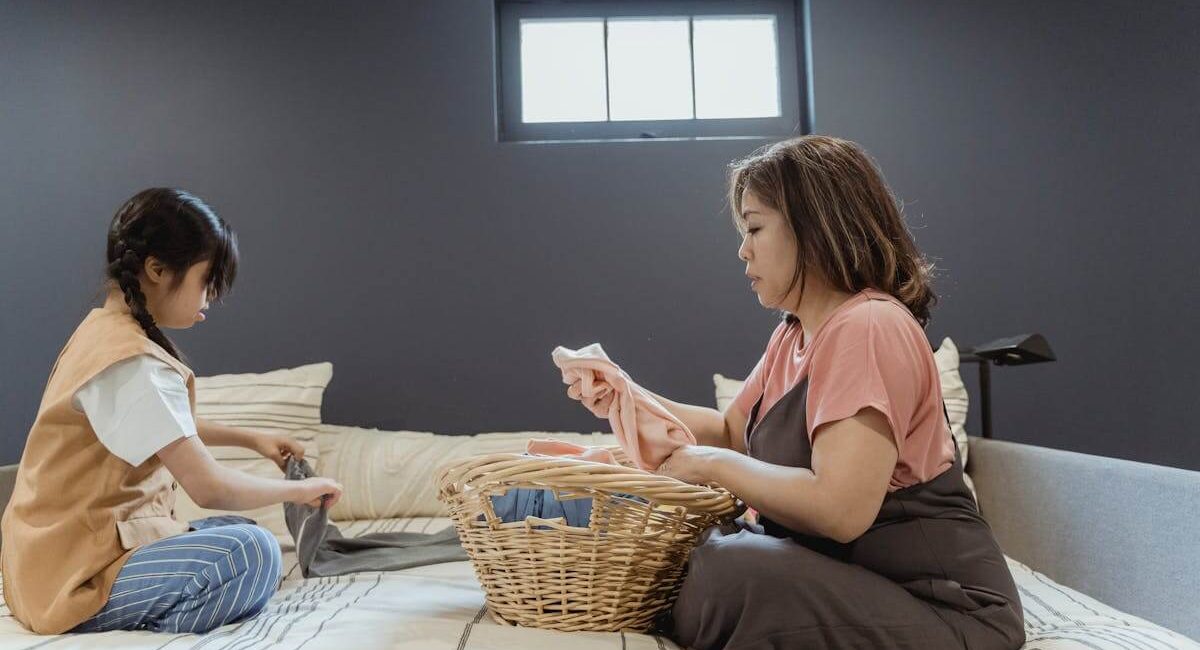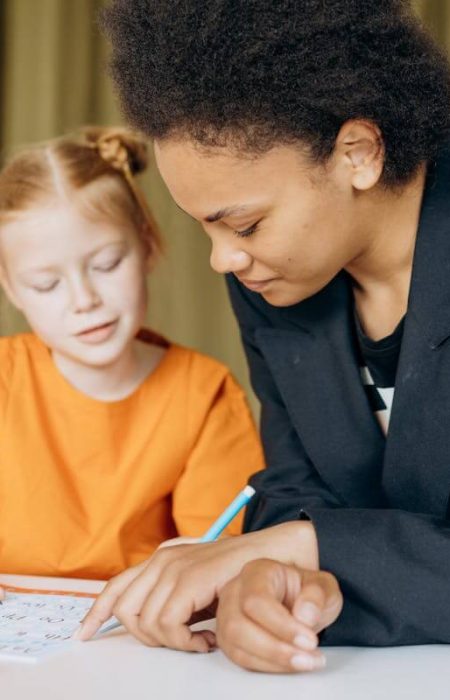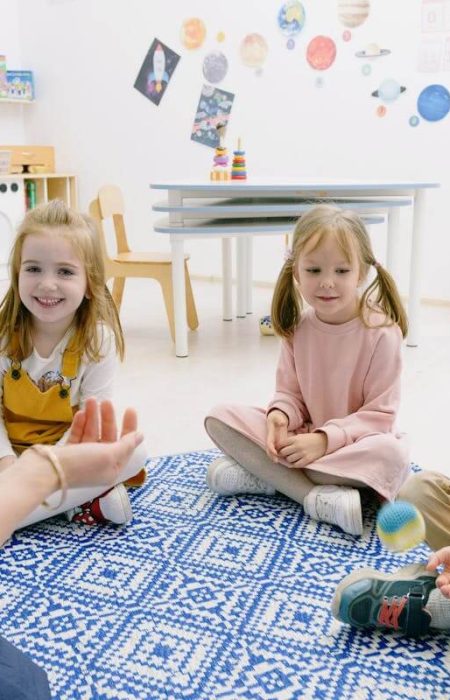As parents, we want to prepare our children for the future by giving them the best education possible. While academic knowledge is important, practical skills are just as essential for building independence, confidence, and problem-solving abilities. From basic life skills to financial awareness, teaching these early on will set your child up for success. Here are some key practical skills every child should be learning.
1. Money Management and Budgeting
This private school in Surrey recommends understanding the value of money and how to manage as it is a crucial life skill. Teaching children the basics of saving, spending wisely, and budgeting helps them develop financial responsibility. Encourage them to set savings goals, track their pocket money, and make informed purchasing decisions. As they grow older, introduce concepts like bank accounts, interest, and even the importance of avoiding debt.
2. Basic Cooking and Nutrition
Knowing how to prepare simple, healthy meals is a valuable skill that promotes independence and well-being. Start with easy tasks like making a sandwich, boiling pasta, or cracking eggs, and gradually introduce more complex recipes. Teaching children about nutrition also helps them make healthier food choices and develop lifelong habits that benefit their overall health.
3. Household Chores and Organisation
Learning how to take care of their personal space and contribute to household tasks teaches children responsibility and teamwork. Age-appropriate chores such as tidying their room, doing laundry, washing dishes, and vacuuming help instil a sense of responsibility and time management. These skills will make their transition to adulthood much smoother.
4. Problem-Solving and Critical Thinking
Life is full of challenges, and children need to learn how to approach problems with confidence. Encourage problem-solving by asking open-ended questions and allowing them to find solutions on their own. Simple activities like puzzles, strategy games, or even real-life scenarios—such as resolving a disagreement with a friend—help develop critical thinking skills.
5. Time Management and Planning
Managing time effectively is an essential skill for both school and life. Help your child develop good habits by teaching them to use calendars, set reminders, and create to-do lists. Encourage them to prioritise tasks, whether it’s completing homework before playing or preparing for an event in advance. These skills will help them handle responsibilities more efficiently as they grow.
6. Communication and Social Skills
Being able to express thoughts clearly, listen actively, and engage in conversations are key social skills. Encourage your child to make eye contact, use polite language, and listen without interrupting. Practising these skills at home, in school, and during social interactions helps build confidence and strong relationships.
7. Basic First Aid and Safety Awareness
Teaching children basic first aid, such as treating minor cuts, burns, or knowing when to call emergency services, can be life-saving. Help them understand the importance of safety at home and in public spaces—whether it’s road safety, fire drills, or recognising dangerous situations. These lessons will ensure they react calmly and appropriately in emergencies.
8. Self-Care and Personal Hygiene
Maintaining personal hygiene, such as brushing teeth, washing hands, and taking regular showers, is an important part of growing up. Teaching children the importance of self-care and grooming helps them develop confidence and social awareness. Encourage routines that promote good health and hygiene habits from an early age.
Also Read: Teaching Your Child To Embrace Change
Practical skills are just as vital as academic knowledge in preparing children for adulthood. By teaching these essential life skills, you help your child become independent, responsible, and confident in their abilities. Start small, encourage practice, and make learning fun—these lessons will benefit them for a lifetime.








